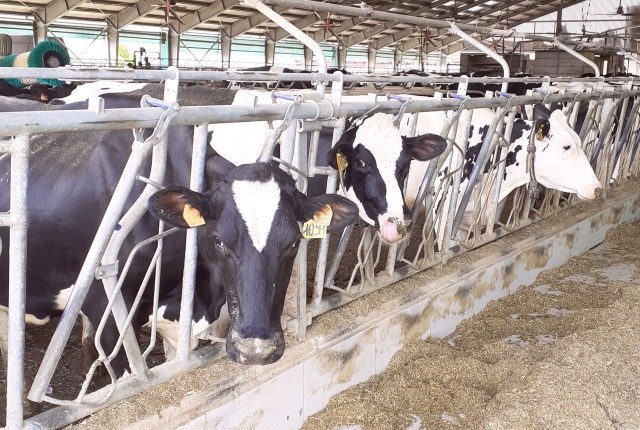Achieving more sustainable and virtuous livestock breeding that also takes animal welfare into account, using artificial intelligence. This is the idea behind the research project SUS3D (One Sustainability vision in Dairy farms: a big Data approach for a perspective decision-making), coordinated by Marco Bovo, researcher at the Department of Agri-Food Science and Technology of the University of Bologna.
The researchers will analyse about forty dairy farms, with the aim of providing as transparent and objective a picture of the context as possible and offering new tools to strengthen it not only from an environmental, social and economic point of view but also in terms of animal welfare.
"The SUS3D project is inspired by the holistic One Health approach, which aims at an extended definition of sustainability involving multiple aspects: environmental sustainability, social and economic sustainability, animal and human welfare," explains Marco Bovo. "On the basis of the indicators derived from these four aspects, we would like to build a new and integrated model that goes beyond the sustainability analysis methodologies used up to now, in order to assess the environmental impact of products and processes, which today do not take animal welfare into account. The results may be useful in steering new policies and to establishing more objective criteria, useful for example to better distribute possible funding.
The University of Bologna, with its Rural Construction and Biosystems team, will be responsible for analysing the huge amount of data collected from the interviews with farmers and the farm visits, in order to create an advanced numerical model. To do this, artificial intelligence and machine learning systems will be used, which will be able to allow new information useful for farmers to be identified.
“Since almost 80% of Italian milk comes from the Po Valley areas, we are making contacts with farms linked to big brands in this area, between Emilia-Romagna, Veneto and Lombardy,” Bovo continues. "In addition to these, there are also smaller virtuous companies in Lazio and Abruzzo that could also prove to be an interesting management model for large producers.”
SUS3D is a PRIN PNRR research project coordinated by the University of Bologna. Together with the University of Bologna team, scholars from the University of Teramo are also involved, who will collect economic-social data and carry out specific analyses on animal welfare, and from the University of L'Aquila, who will work on environmental sustainability analyses. The results obtained from the project, which is scheduled to end in October 2025, will be collected in a protocol that will then be disseminated in order to give future continuity to the results obtained.


